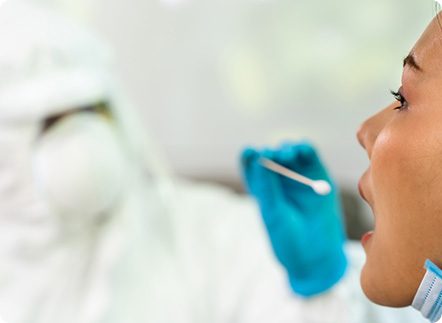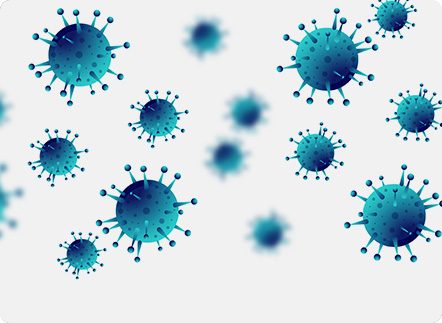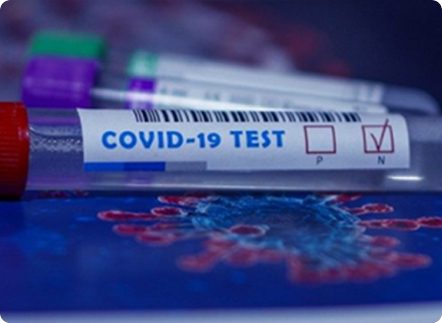News
Virgin Atlantic Launches Covid-19 Testing At Departure Gates
December 17, 2020
Read more

GeneMe, Biolyph Partner to Ramp Up Capacity of COVID-19 MDx
December 17, 2020
Read more

‘Sleepless’ World Premiere to Proceed With Rapid-Response COVID-19 Testing
December 17, 2020
Read more

Heathrow and Yoti partner on COVID test
December 17, 2020
Read more

Scottish government selects 30-minute COVID-19 test to support response
December 17, 2020
Read more

Lorem ipsum dolor sit amet, consectetur adipiscing elit, sed do eiusmod tempo
December 17, 2020
Read more

Meet the organization helping to scale a promising COVID-19 test solution across Europe
December 2, 2020
Read more

Virgin Atlantic introduces on site pre-flight Covid-19 testing trial for crew
December 2, 2020
Read more

Virgin Atlantic introduces on site pre-flight Covid-19 testing trial for crew
December 2, 2020
Read more

